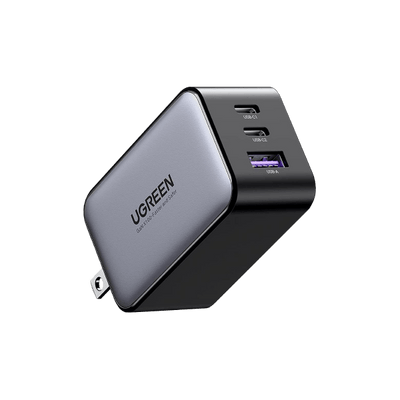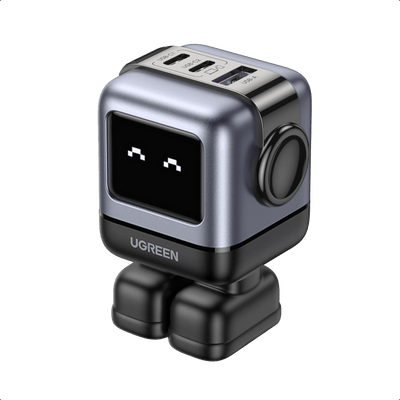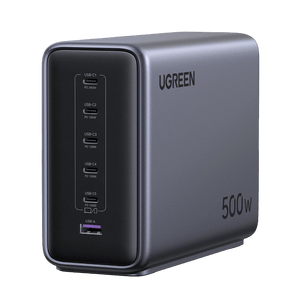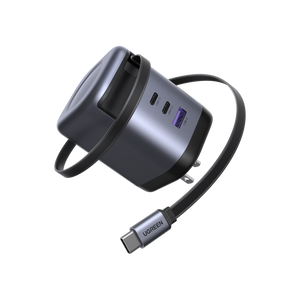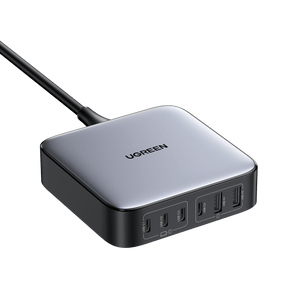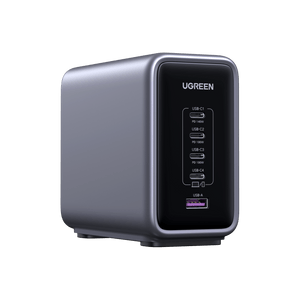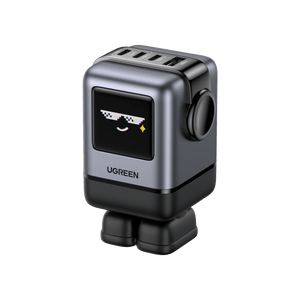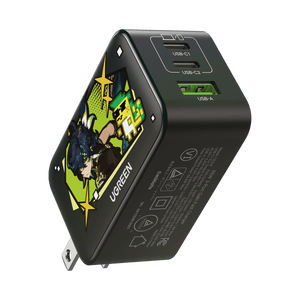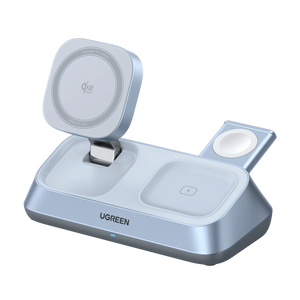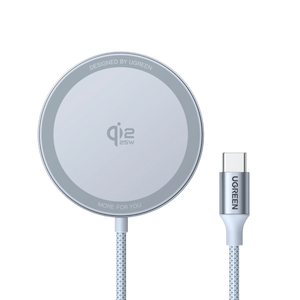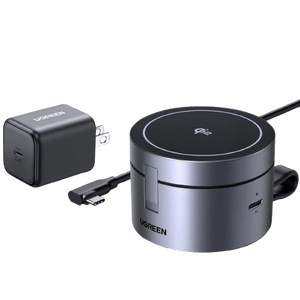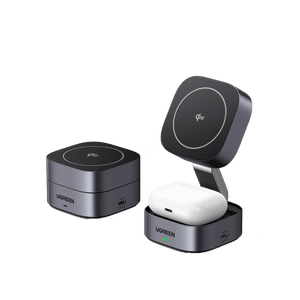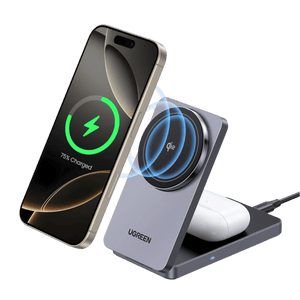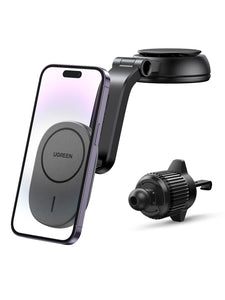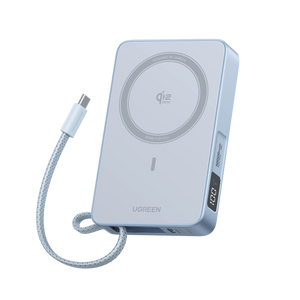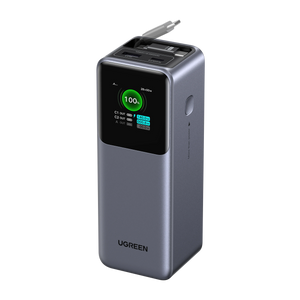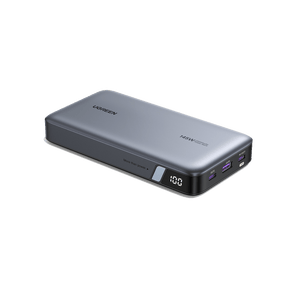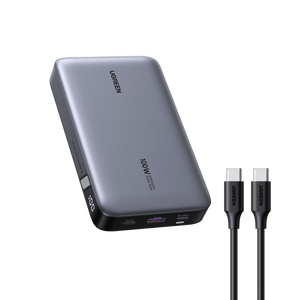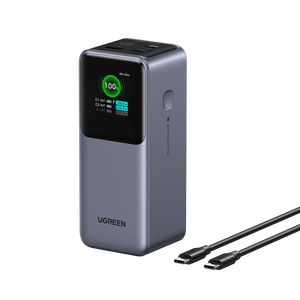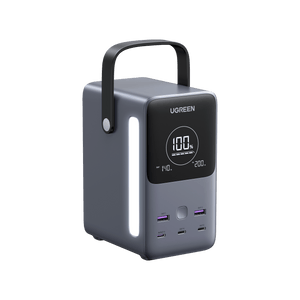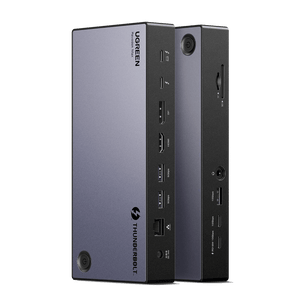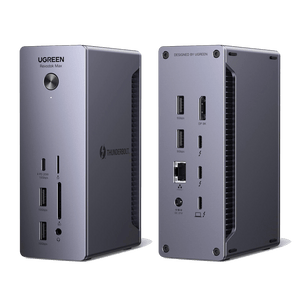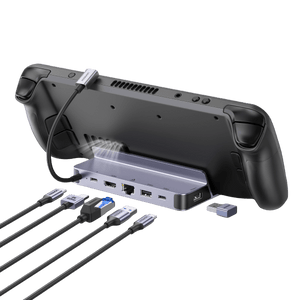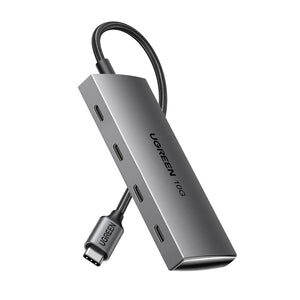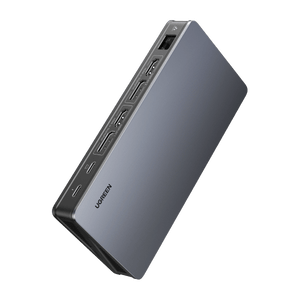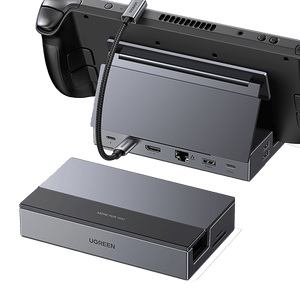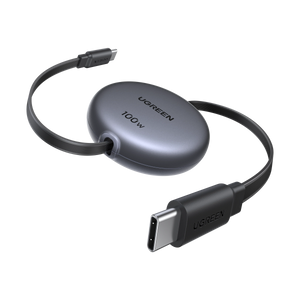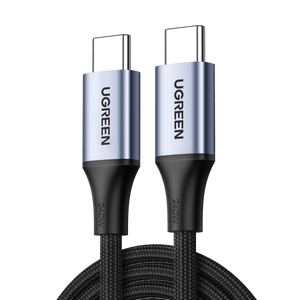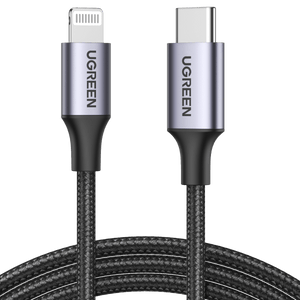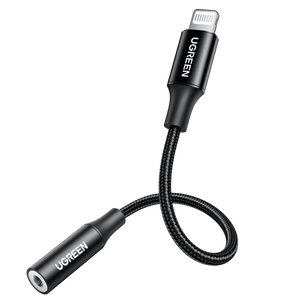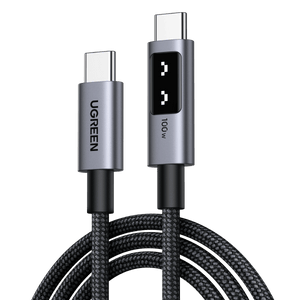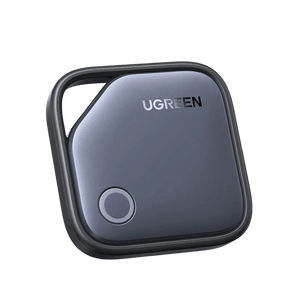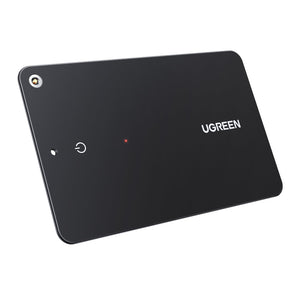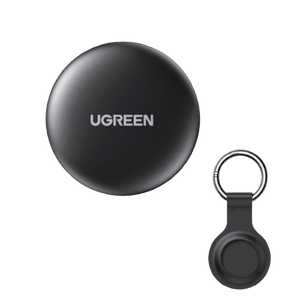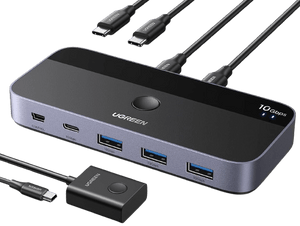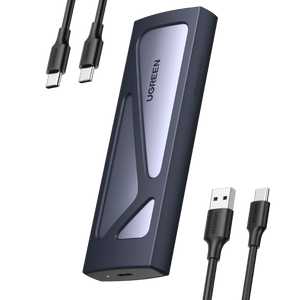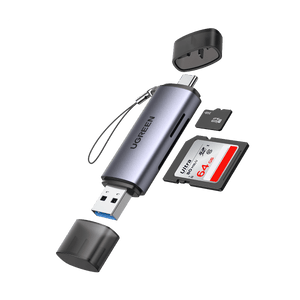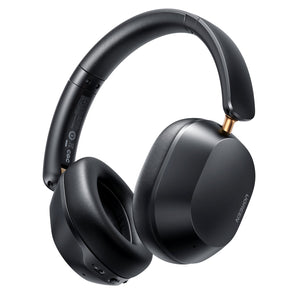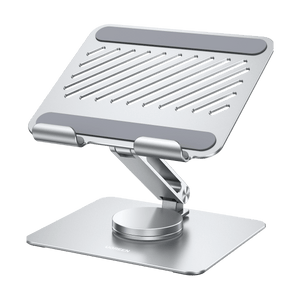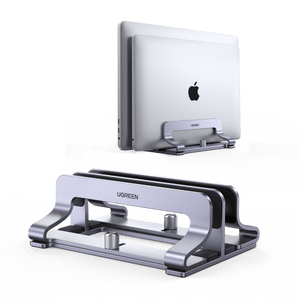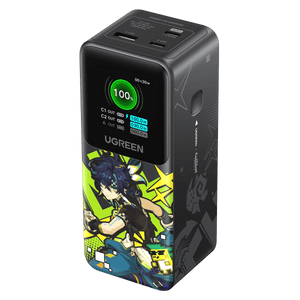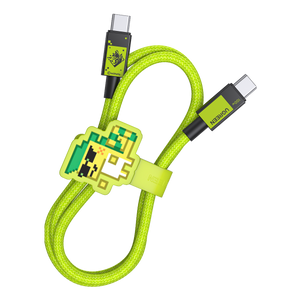Can You Use an iPad Charger for Your iPhone?
You’re in a rush. Your iPhone battery is almost dead again. You search for your charger, but it’s missing. Then you spot your iPad charger. Can it help? Yes, it can.
This post explains why an iPad charger works safely with your iPhone, how it can even charge faster, what to keep in mind for older models, and when it can save the day.
Key takeaway:
- Modern iPhones and iPads both use USB-C chargers, allowing easy interchangeability and reducing clutter.
- An iPad charger typically offers higher wattage (e.g., 30W) compared to a standard iPhone charger (20W), enabling faster charging without damaging your device.
- Apple’s built-in power management ensures your iPhone only draws the power it needs, debunking common myths about charger-caused battery damage.
Understanding Charger Compatibility in 2025
As of 2025, most new iPhones and iPads use USB-C ports, which means they share the same connector. You can use your iPad charger for your iPhone and vice versa with no problem. It’s simple and efficient.
Some older iPads still use Lightning ports and older USB-A plugs. If you’re using one of these with a modern iPhone, you’ll need a USB-A to USB-C cable. It will charge more slowly, but it still works.
iPhones are designed to take only the power they need, even if the charger is capable of much more. There’s no risk of overload or overheating when using an iPad charger. However, if you notice your phone gets unusually warm during charging, understanding the common reasons behind this can help you troubleshoot effectively and ensure safe charging practices.
Does It Charge Faster?
An iPad charger often has more wattage than a standard iPhone charger. For example, many iPad chargers provide 30W compared to the usual 20W from iPhone chargers. That extra power means faster charging, especially if your iPhone supports fast charging.
{{UGPRODUCT}}
Charging Speed Example
A 30W iPad charger can bring your iPhone battery to around 50% in 30 minutes. A typical 20W iPhone charger might take closer to 45 minutes for the same result. If you prefer a wireless setup, a magnetic iPhone charger can also provide convenient, cable-free charging, though it generally delivers slower speeds compared to wired USB-C options.
Is It Safe?
Yes. Your iPhone only draws the power it can handle. Using a 30W or even 45W charger won’t harm it. Apple’s smart charging tech keeps everything safe.
Safety Myths and Best Practices
Why It’s Safe
Apple designs both iPhones and iPads with built-in power management. Even if a charger offers more power, the iPhone only accepts what it needs.
Common Myths
- Myth: A stronger charger will damage my iPhone.
- Fact: Not true. Your iPhone regulates the power it accepts.
- Myth: It will wear out the battery faster.
- Fact: Apple’s battery tech manages charging to prevent wear, regardless of the charger used.
Charging Tips
- Use Apple-certified or reputable third-party brands like UGREEN
- Avoid cheap knock-off chargers
- Replace damaged cables to prevent connection or overheating issues
What About Older iPad Chargers?
Older iPad chargers usually have USB-A ports. Newer iPhones use USB-C ports. To use the older charger, you’ll need a USB-A to USB-C or USB-A to Lightning cable, depending on your iPhone model. It will still charge the phone, but more slowly.
Why It Charges Slower
Older chargers usually deliver 5V at 2.4A—that’s about 12 watts. Compare that to newer 20W or 30W chargers, and you’ll notice the difference. It’s fine for overnight charging, but not ideal if you’re in a hurry. If you're experiencing slower charging times, learning about common causes of slow phone charging can help you identify and fix potential issues to get back up to speed.
Tips for Using One Charger for Both Devices
Carrying separate chargers for your iPhone and iPad isn’t necessary. A single iPad charger can handle both, simplifying your travel setup and saving space. If it’s a modern USB-C charger, you can just swap the cable depending on which device you’re charging. For those who prefer wireless convenience, the Apple MagSafe charger is another reliable choice, offering fast and efficient charging for iPhones while keeping your setup minimal and tidy.
Compatibility at a Glance
| Charger Output | Typical Wattage | Compatible iPhones | Required Cable | Charging Speed |
|---|---|---|---|---|
| USB-A | 5W, 10W, 12W | iPhone 5 to iPhone 14 | USB-A to Lightning | Standard (5W), Slightly faster with 10W/12W |
| USB-C | 18W, 20W, 30W+ | iPhone 8 to iPhone 14 | USB-C to Lightning | Fast charging |
| USB-C | 18W, 20W, 30W+ | iPhone 15 and later | USB-C to USB-C | Fast charging with 20W+ chargers |
Note: USB-C chargers can also charge iPhone 5 to iPhone 7 with a USB-C to Lightning cable, though without fast charging.
Conclusion
Using an iPad charger for your iPhone is not only safe, it’s often better. It can charge your device faster, reduce clutter, and simplify your charging routine. Just be sure to use a quality cable and charger from a reliable brand. Whether you’re travelling, working, or just low on battery at home, grabbing your iPad charger is a smart move.
